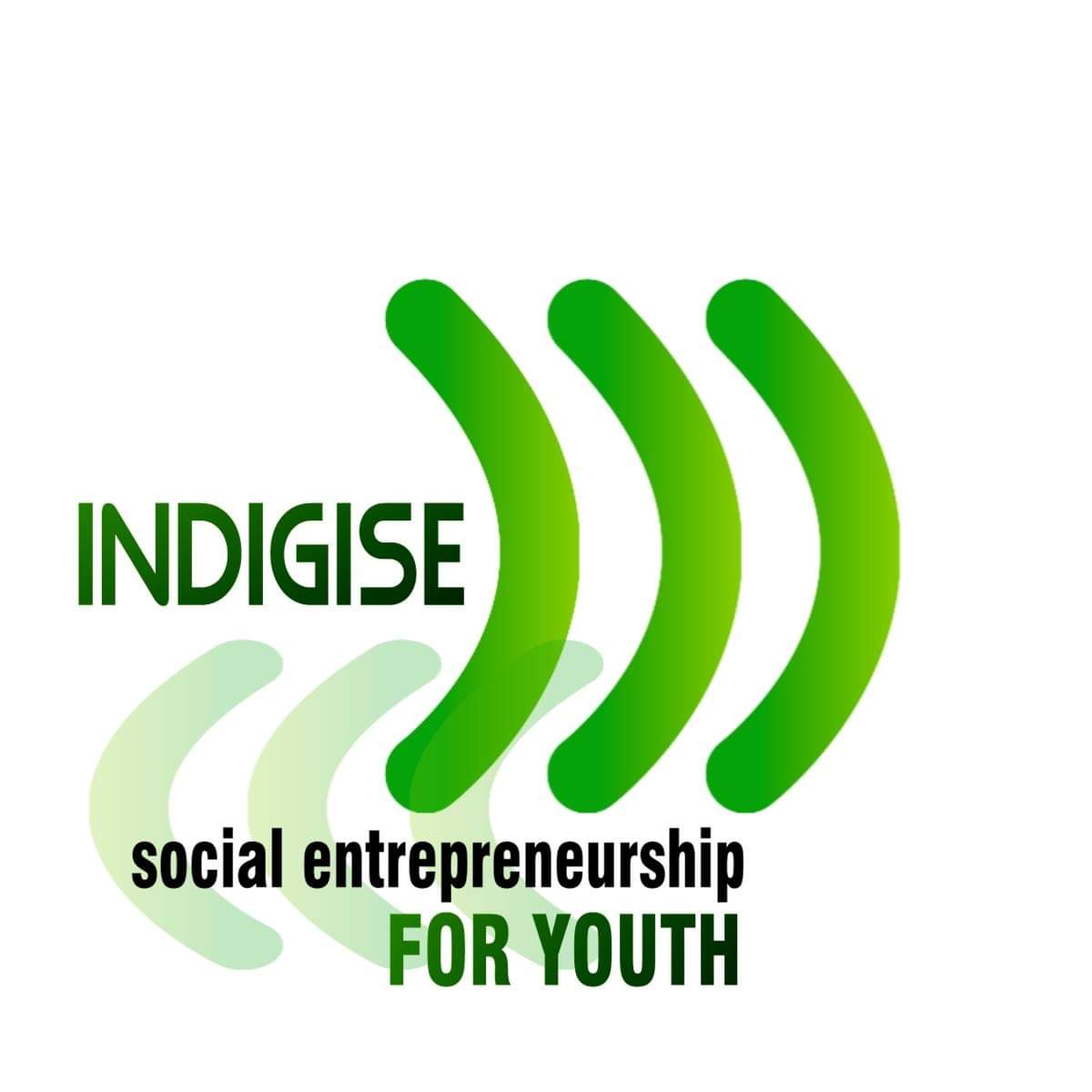It is no secret that human-centered design thinking is an approach to problem-solving that is perfectly suited for social economy organizations, social innovators and changemakers tackling complex societal issues. What is more, while the importance of leadership is by now more and more recognized in different types organizations across all sectors, rarely is inspiring leadership as crucial as in social impact organizations and initiatives where rallying people around an idea and a cause is essential for success. Hence, the blog article by IDEO U, the leading digital learning platform for design thinking methods, on human-centered leadership and how to lead by empowering others is a valuable must read for anyone working with teams in the social impact sphere.
Below are 6 lessons by IDEO’s Lauren Collins and Harvard Business School Professor Frances Frei on what inspiring leadership means today.
1. Leadership is about what happens when you’re not there.
“We are only leading when we are centered on making others better.” — Frances Frei
Shift your mindset from focusing on your personal performance to how your presence impacts others. Your goal is to equip and empower people so they can continue to be awesome in your absence.
2. The Golden Rule is flawed.
“Use your curiosity to figure out how others want to be treated, and then lean into that behavior.” — Frances Frei
We’ve all been told to treat others as we’d like to be treated, but that logic is flawed. It works well when we’re around people who are just like us. But the more diverse and varied the group, the less true it is. Don’t assume others share your desires and opinions. Ask them what they need from you to show up as their most authentic selves.
3. Be curious about who’s not in the room.
“If you’re in a moment where you’re making a decision or changing plans that might impact other people, look around the room and see who’s not represented.” — Lauren Collins
This is a great first step toward building a more inclusive work culture. Ask who might be impacted by the work you’re doing and if they’re represented in the room. If they are present but silent, Frances says that’s a sign they’re not feeling included. How might you help them feel safe to speak up?
4. Soft skills are your superpower.
“Soft skills are not recognized and rewarded as much as they could be in business.” — Lauren Collins
The difference between leaders who stand the test of time and those who don’t is a person’s ability to demonstrate resilience, listening, authenticity, logic, empathy, vulnerability, and humility, among other skills.
5. Distraction kills empathy.
“Offer your attention when you’re in the presence of others.” — Frances Frei
The more we can offer our attention, the more opportunity we have to build empathy, Frances says. One easy thing you can do is to turn phones and technology distractions off during meetings. While it’s tempting to multitask, if we offer someone our distraction, we reveal we’re not interested in their trust.
6. To actively listen, first make space for everyone to speak.
“Starting with listening and making space for others before you lean into the conversation is really important for leaders.” — Lauren Collins
Some people might not feel comfortable speaking in front of a group. As a leader, it’s your role to make space for everyone to participate and show up as their authentic selves.
Try asking “Can you articulate an alternate point of view?” to widen the space for people to bring up different perspectives. Count to 10 before moving on so that people who need more time to process information can respond. Gather answers anonymously, and start or pause your meeting with a moment of heads down time. And finally, take note of who isn’t speaking. In your next meeting, reference an idea or helpful insight that person shared with you to show you value their contributions.
The full article is available here.


This publication has been prepared within INDIGISE project. The content of this publication is the sole responsibility of the project coordinator and may not always reflect the views of the European Commission or the National Agency.











Some truly interesting info , well written and loosely user friendly.
Hello very nice blog!! Man .. Excellent .. Wonderful .. I’ll bookmark your web site and take the feeds also…I’m happy to search out so many useful information here within the post, we need develop extra strategies on this regard, thank you for sharing. . . . . .